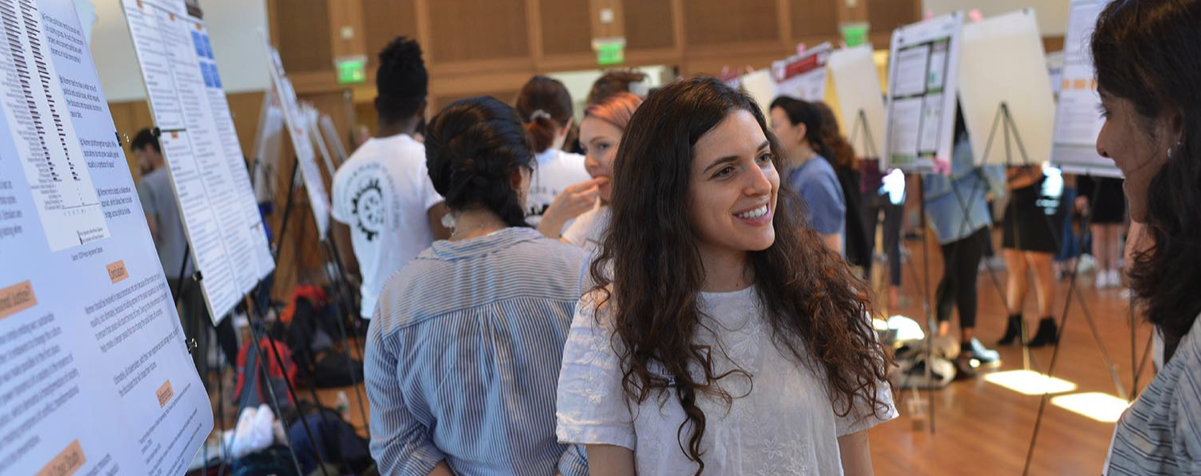Faculty Sponsor: Michael J. Perez
Live Poster Session: Zoom Link
Abstract: It has been established that the education of history, especially that which pertains to the United States, is taught from an extremely White-centric perspective/lens in the US, often brushing over or under-saturating many racially relevant historical events or patterns (Zinn, 2015). This pattern has complemented the Marley Hypothesis, which states that White people are more ignorant of racism in society due to their lack of knowledge of marginalized group histories (Bonam, 2019). However, little is known about the role of moral self-image in relation to one’s understanding of Black history, a gap that the present pilot study intends to help fill. Participants were provided with a survey containing multiple scales to measure several variables of interest, as well as open-response questions regarding the personal significance of two White historical figures and two Black historical figures. The response variables that participants were evaluated on include self-reported knowledge of Black history, the mean level of confidence when answering questions about Black history, and the actual score received on a Black history quiz. The explanatory variables of interest include national attachment, national glorification, overall collective guilt, and moral self-image. Overall, moral self-image was significantly related to higher levels of self-reported Black history knowledge and self-reported certainty in Black history knowledge, but was not related to better performance on a Black history quiz. Additionally, a qualitative investigation of open-response questions about the personal importance of historical figures revealed that more personal significance is attached to White historical figures in regards to the legacy/historical importance of said figures, while more emphasis is placed on Black figures’ embodiment of good values/qualities.
Video/Audio Component: Will post a screen recording of the presentation after 4/27/2023
BlackHistMoralPoster-SHunnewell_CZetterquist


